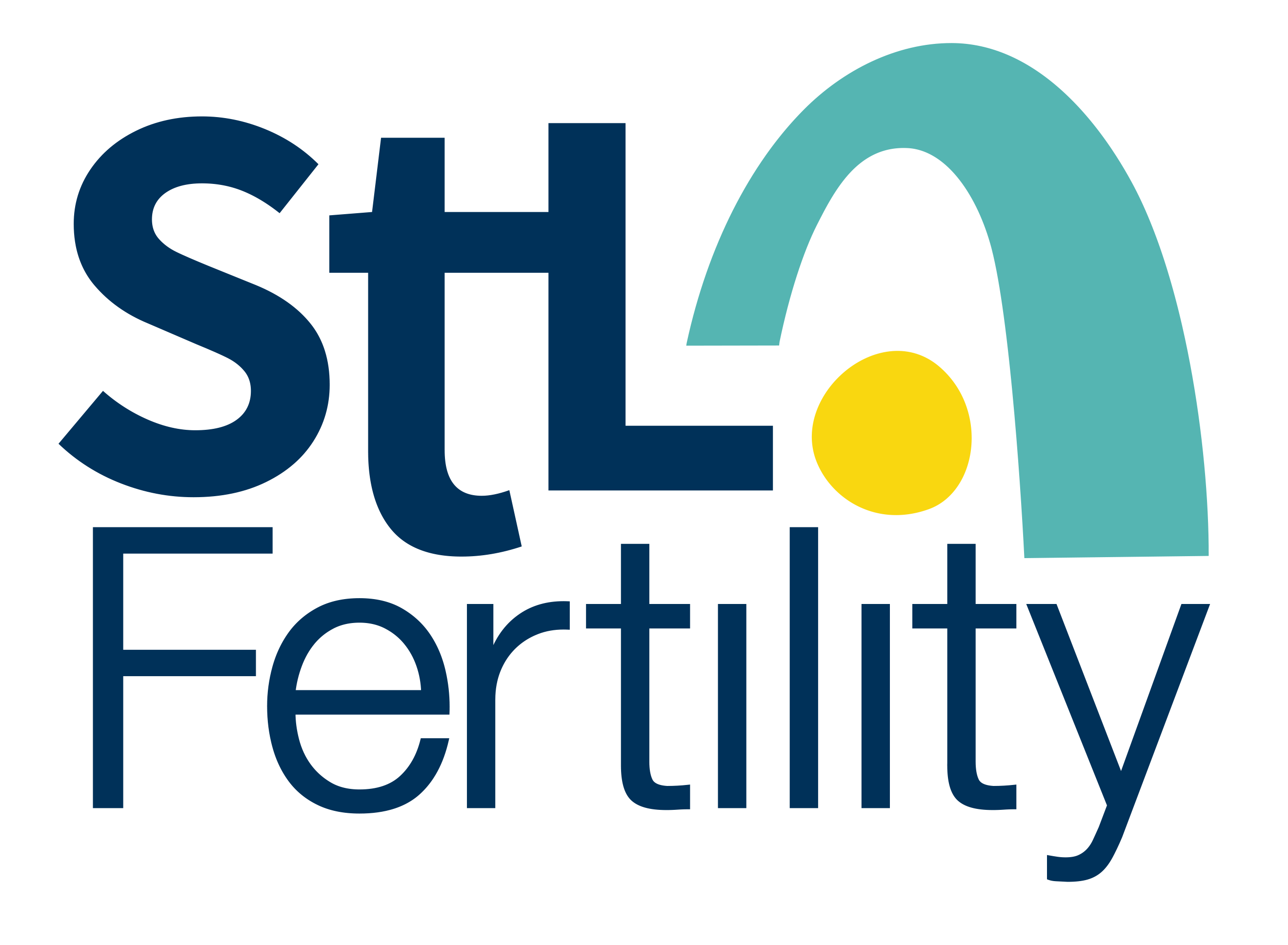What if foods had the ability to help you conceive? Well, certain foods provide vitamins and nutrients that can help your reproductive health. The fertility specialists at SIRM St. Louis share some of the foods that could help boost your fertility.
- Carrots have been shown to increase sperm motility due to beta carotene.
- Dark chocolate with 70% cocoa or higher provides men with amino acids that could increase sperm and semen volume. It also contains antioxidants that can help get rid of toxins and free radicals that lead to male infertility.
- Flax seeds may help balance hormones due to Omega 3 and 6.
- Walnuts can improve sperm quality in men, and can improve the uterine lining in women.
- Pumpkin seeds and oysters are rich in iron. Women lose iron reserves during menstruation, so it’s important to add iron-rich foods back into your diet to support ovulation and egg health.
- Kiwi and bell peppers have vitamin C to help our bodies absorb iron, which regulates menstrual cycles and increases sperm count.
- Whole milk and other full-fat dairy products are better for couples trying to conceive compared to the lower fat content dairy because they have higher vitamin D content and can decrease the risk of female infertility.
- Asparagus contains folic acid which is known to help prevent birth defects in the fetus, and may improve ovarian health.
- Brussels sprouts are also a good source of folic acid, but also are rich in vitamins and nutrients that can help balance estrogen levels in women.
- Kale and other dark leafy greens are rich in folic acid as well as magnesium to help keep sperm and eggs healthy.
- Tomatoes are rich in lycopene, and may increase male sperm counts. Tomatoes are also high in folic acid, so a good food for women to enjoy as well.
While meal planning this fall, try to incorporate these foods rich in vitamins and nutrients to boost your fertility. But if you and your partner have been unsuccessful in conceiving after six months to a year, contact our fertility doctors at SIRM St. Louis for a consultation.
